Walton Goggins is a character actor adept at juggling danger and humour in equal measure. It’s a useful skill for playing white-trash career criminal Boyd Crowder in Justified, a role he’s inhabited since the first episode and will be seeing through to the end. With a couple of years to go before that conclusion, however, Season 4 is just out on DVD in the UK, and to celebrate, we chatted to Walton about Boyd and some of his other roguish roles.
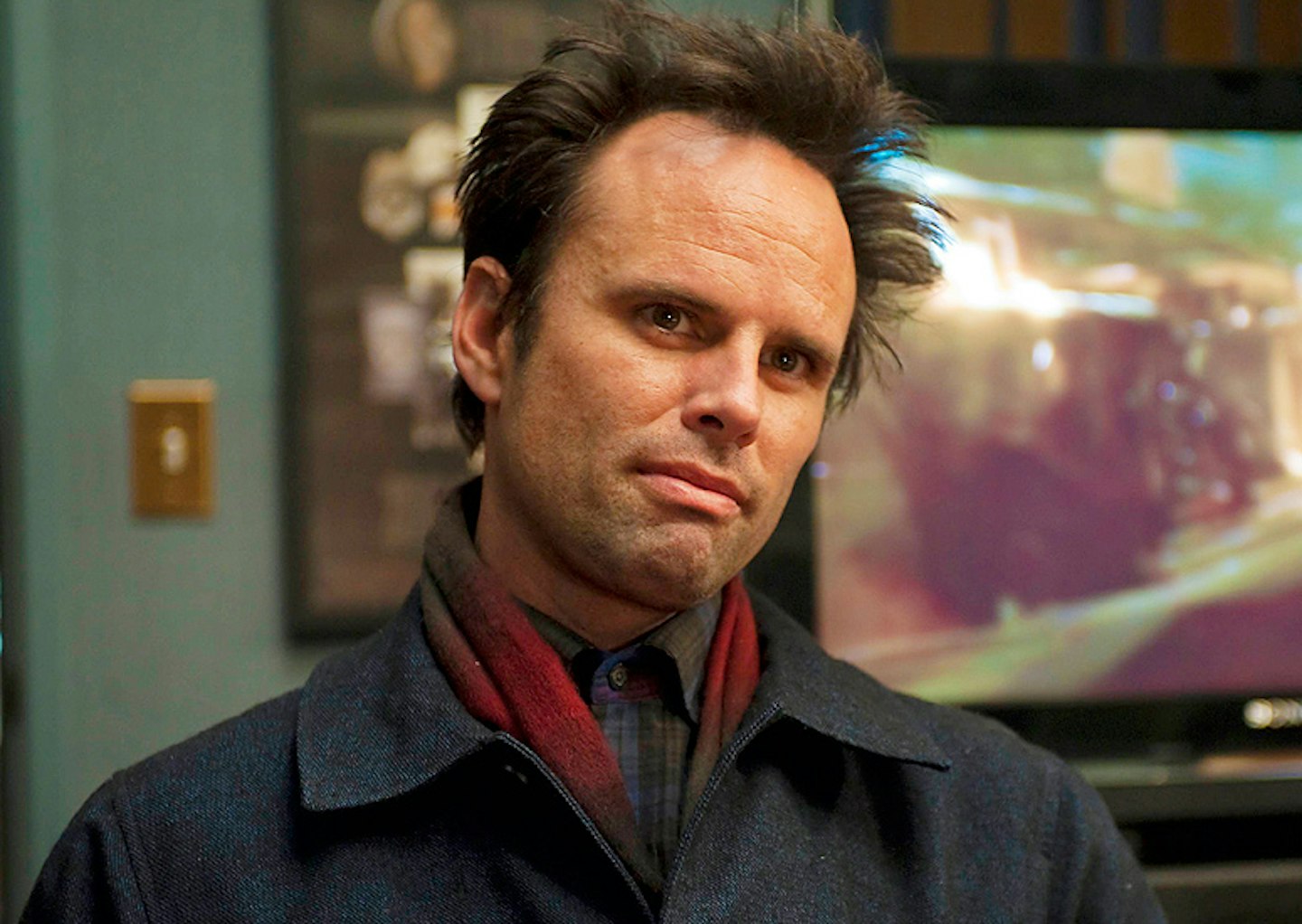
It’s not easy to walk in the shoes of Elmore Leonard on a weekly basis. Boyd has been transformed in every season, really. His power lies in ambiguity and never tipping your hand. Graham [Yost, the show's creator] is a really gifted writer in that way. Boyd’s a guy who believed in nothing in the pilot, just celebrating chaos and living with the ramifications of that. Then he found God, only to have his faith shattered. In Season 2 he’s man who’s wandering in the desert looking for meaning, and then he finds that through Ava. And in Season 4 he dares to believe in something again, only to find that’s not really how his world works.
We’re all still discovering the relationship between Raylan [Givens, Timothy Olyphant’s character] and Boyd. There’s a scene at the end of Season 4 where they politely and then not-so politely break down the truth about each other. I don’t think any of us could have guessed that conversation earlier on. Boyd’s a fascinating person to me. I still don’t know who he is, but I’m closer to knowing than I’ve ever been.
I’m excited about these last two seasons and where he’s ultimately going to wind up. Yeah, I don’t know for sure but I think we’re probably going to take a bow at the end of Season 6. I think everybody feels we need that much time to tell the story, but we may not need more time than that. I know it’s very important to everyone that we don’t stay past midnight. Shawn Ryan had similar conversations with himself about The Shield. We wanted to go out on a high. We didn’t want the music to dip.
There’s pre-Quentin Tarantino in an artist’s life, and then there’s post-Tarantino. His passion about what he does will forever influence how I approach my work – and I’m a passionate dude, but his love of his work ran circles around mine. His ability to craft story and scene is fuckin’ invaluable, man! I’ll never be the same.
There were two or three really long scenes that didn’t make the final cut of the movie, where you’d really have gotten to see Billy Crash in the way that Quentin originally crafted him. One of them was between myself and Calvin Candie, Leo’s character, and you really saw the dynamic between them. It was so Tarantino: extremely violent but also nuanced and extremely funny at the same time. Then in the torture scene, which got cut for time, Billy had this really long monologue about how he sees the world and why he’s going to do what he’s going to do. You understood the institution of slavery from the working white-man’s perspective: it was the only corporation in town, and the only way a guy like Billy Crash could secure a place for himself monetarily, through the subjugation of an entire race of other people.
You realised that Billy wasn’t that different from Stephen, Sam Jackson’s character. They were kind of cohorts in holding up this awful institution because they had a vested interest in it. That’s really fascinating. You get a sense of it in the film, and it’s enough, but my experience was even bigger than what you saw on the screen.
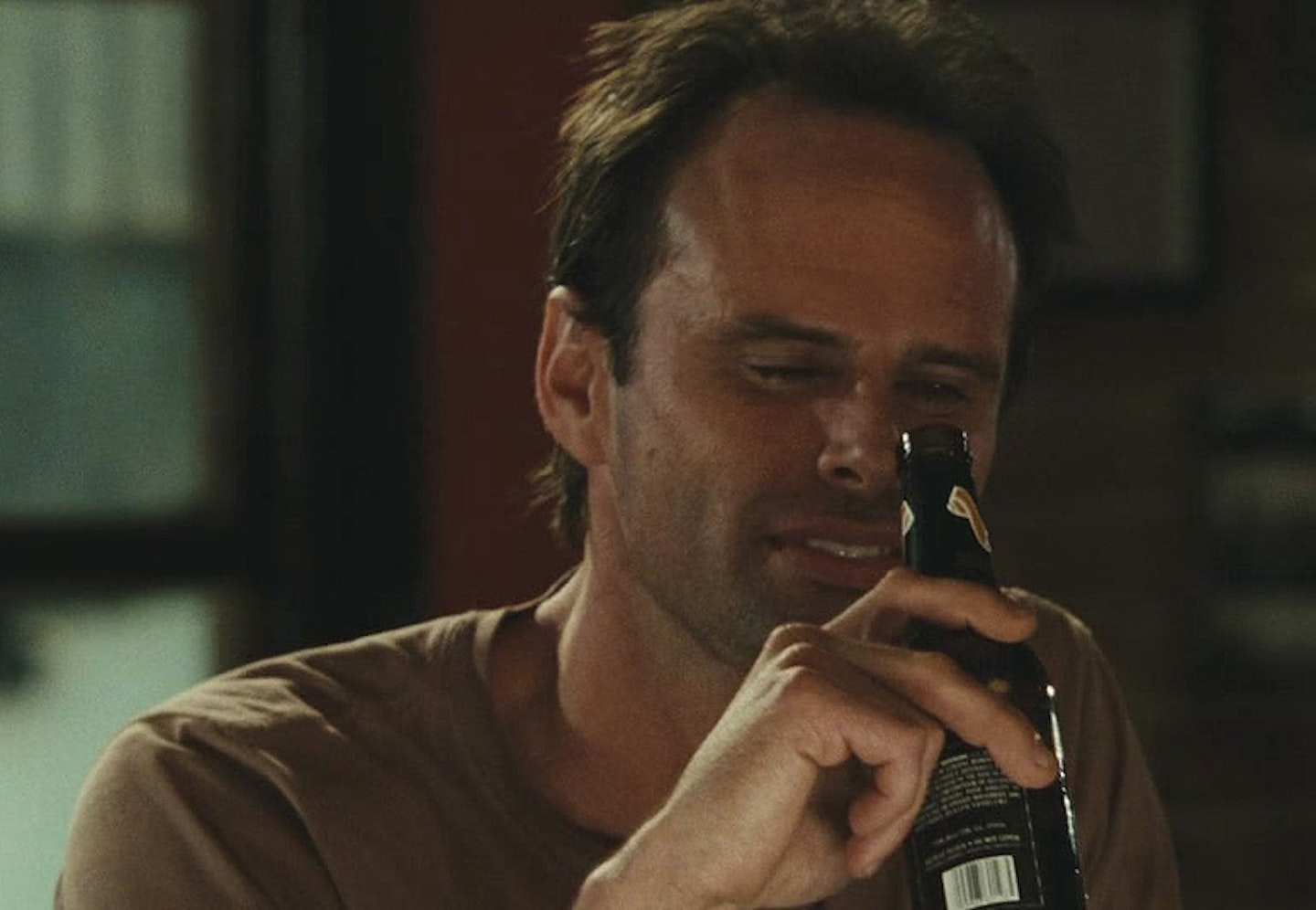
That’s just a small role for me, but I got a scene with James Woods. Love Jimmy, man. It seemed like such a long time since we’d seen him. He’s one of my heroes. I was laughing with my wife last night about movies we love, and I just said, ‘I’m gonna put Against All Odds in there!’ Jimmy’s just one of our most talented actors. I’ve worked with him a couple of times now [they were also both in Officer Down], and I count myself very fortunate to call him a friend.
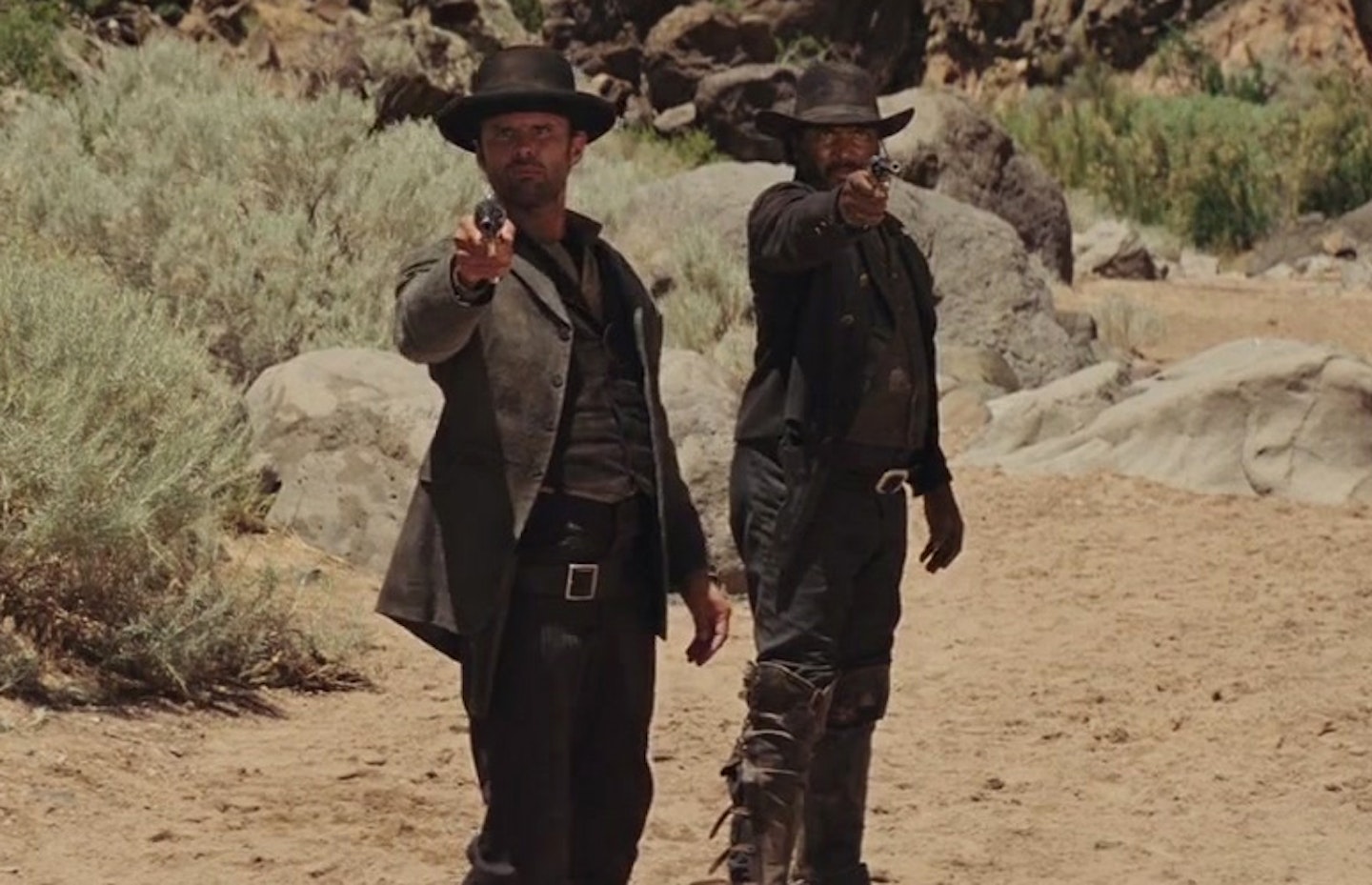
That’s one of those instances where it’s a smaller role in a bigger movie, but I’m given enough to work with that I can knock it out of the park. I like the roles that the film kind of dips in and out of, but that people really remember.
One of the greatest highlights of life, still, is being in my trailer at the end of the day and getting a knock on my door. I was like, ‘Yeah, just a minute,’ and when I eventually opened the door, Harrison Ford was standing outside, asking me if I wanted a ride home in his helicopter. It doesn’t get any better than being buckled into Han Solo’s helicopter. It still freaks me out to think about it.
And Daniel Craig is one of the sexiest and most powerful fuckin’ actors working today, man. Being in his presence is humbling. He’s the real deal.
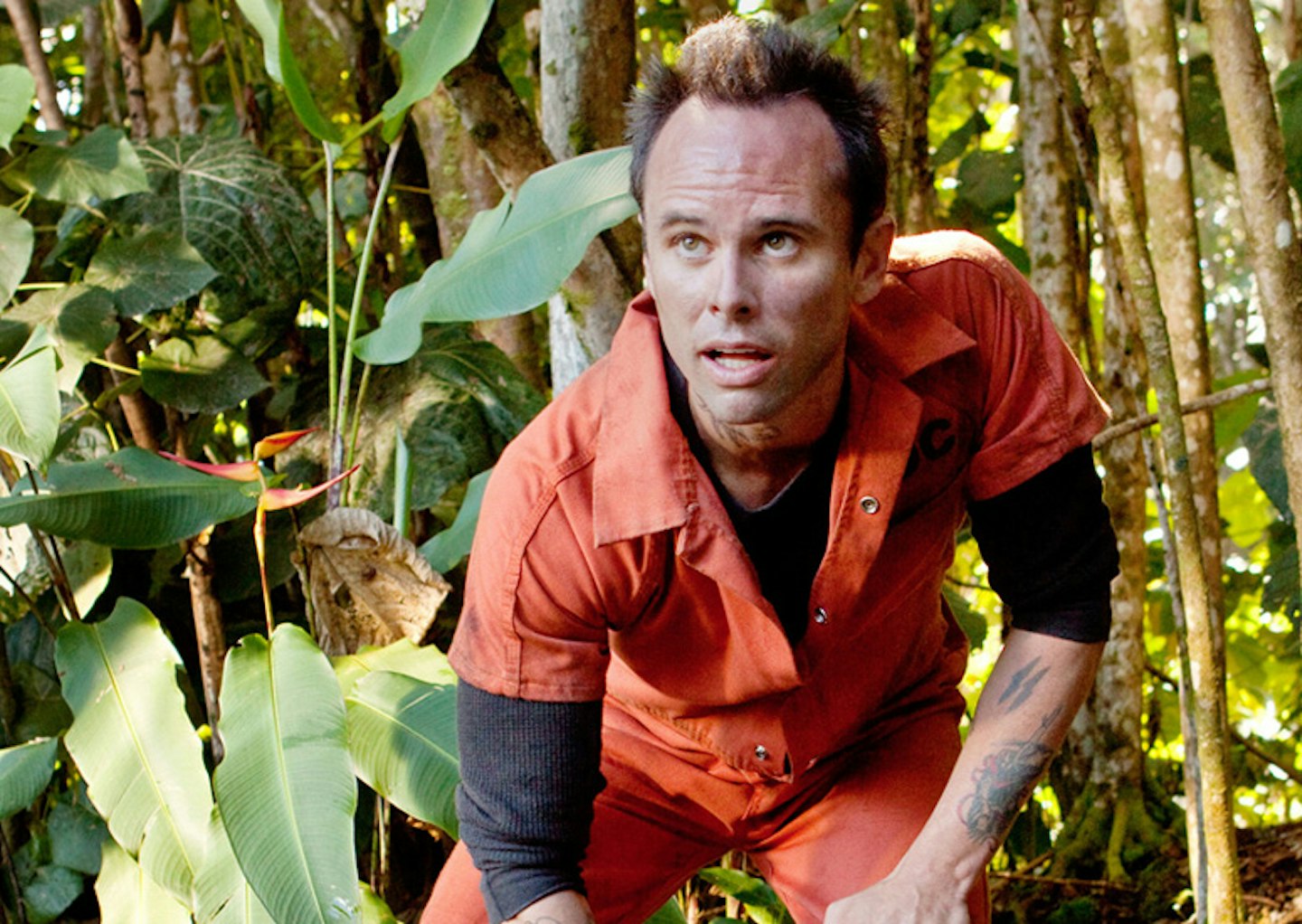
All actors on my level are parcelled out these things, and for me it’s been a blessing and a curse. I get an opportunity to play these awful guys that, at least when you read the script, you think you shouldn’t like! I just try to find a way to walk that line between being despised and loved, or at least laughed with. That was one of those, and that movie was one of the greatest working experiences of my life.
I was a huge fan of Control, that Nimrod Antal directed previously, and it was also great to meet and become friends with Robert Rodriguez. It was such a great group of people.
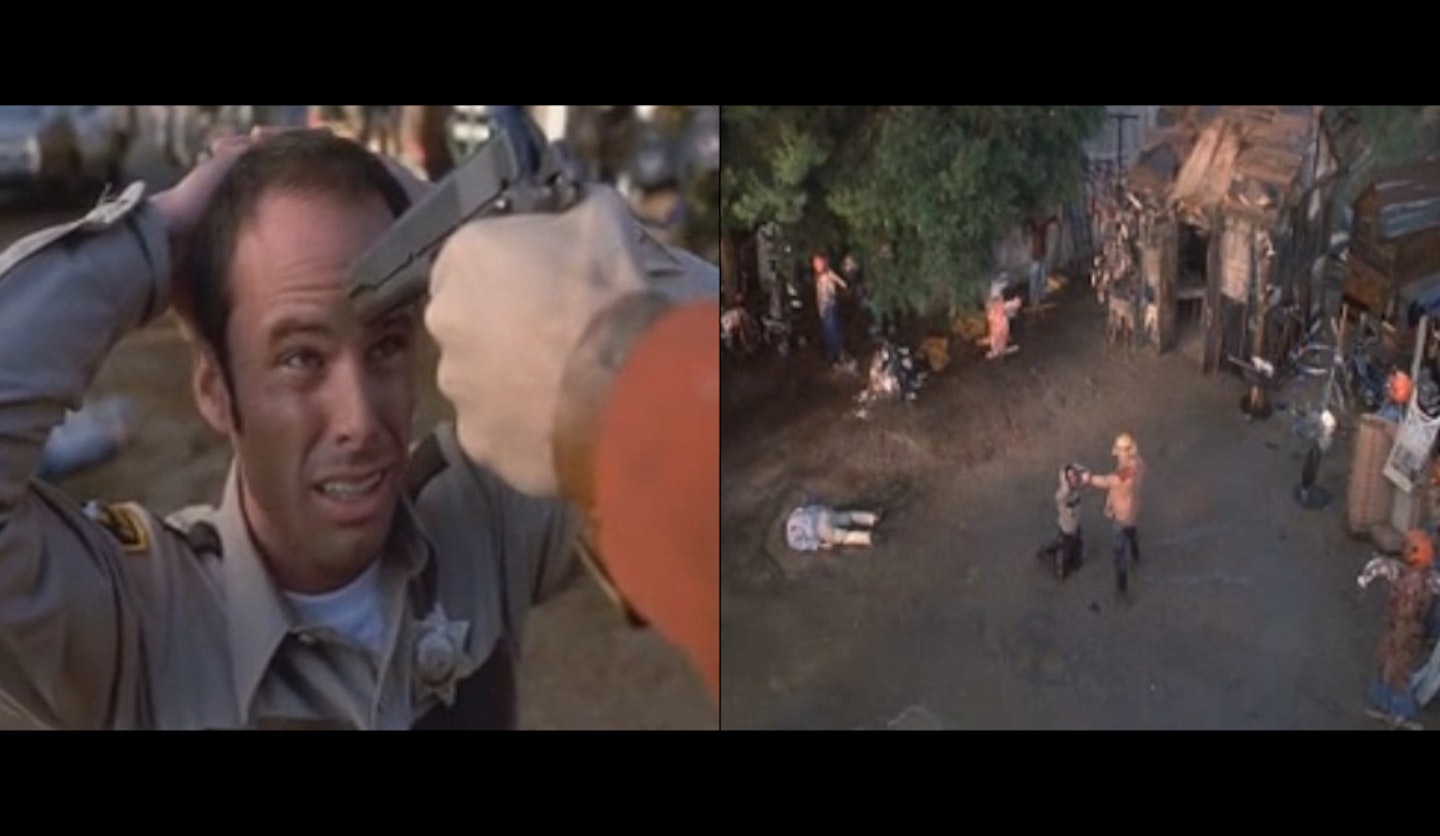
I love Rob Zombie, man! I thought I was going to be scared just to meet him, but the first day I walked into the table read I found he was the most unassuming dude, with the most normal, quiet voice. I think it’s like Invasion Of The Body Snatchers. I think he got replaced!
That was an incredible experience. I think I have one of the greatest death scenes ever filmed. It’s like a three-minute pull-back to this song, and I’m just on my knees there, waiting to be shot the whole time. And there were rocks on my knees and it was cold, and I was really going, ‘Ohmygod ohmygod he’s going to shoot me!’ And then it happened! Not too long after that I went to a party at the house of a friend of mine, Dan Waters, who wrote Heathers. And he had that scene playing on a loop for the entire party!
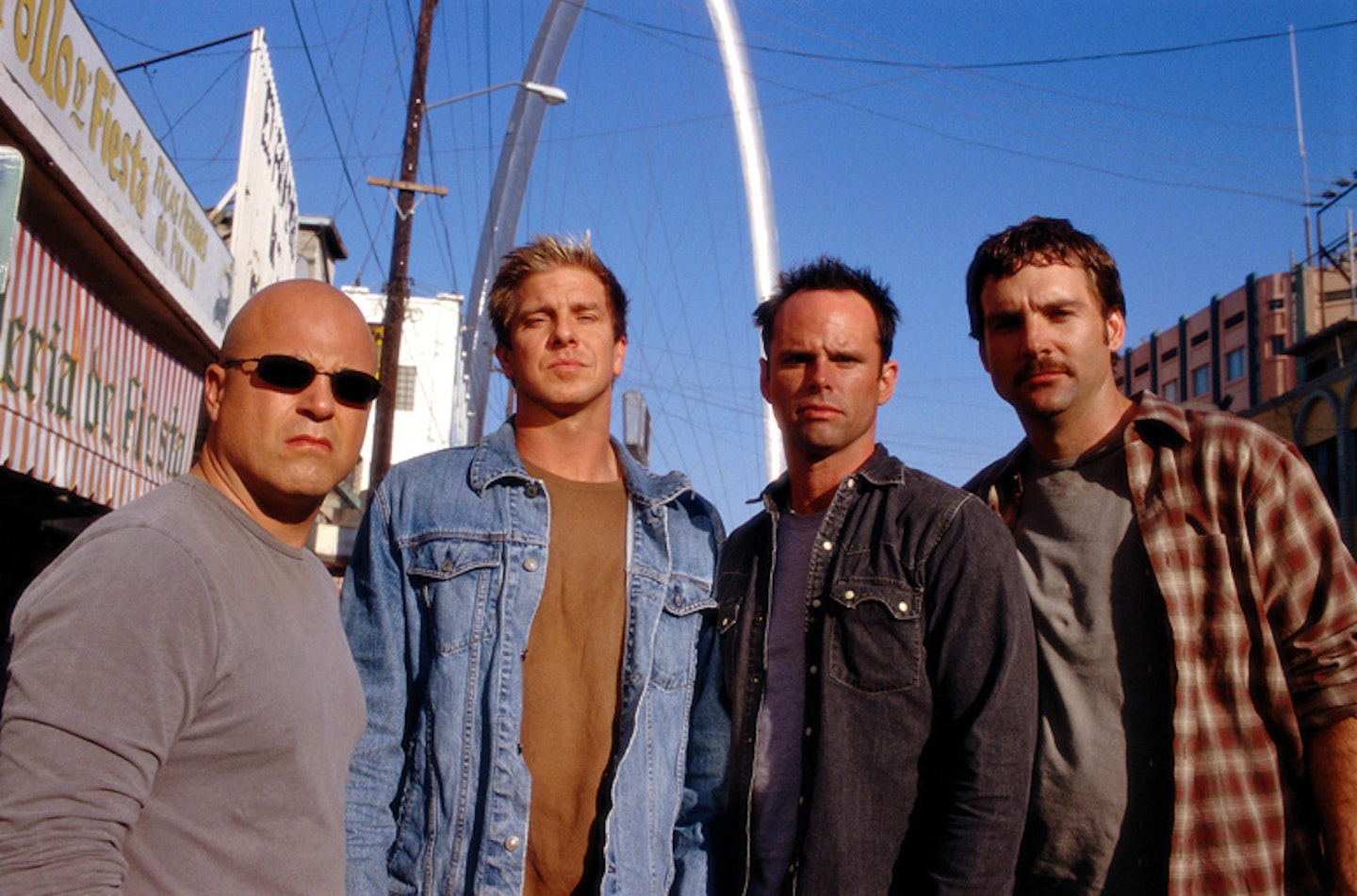
If I’m being completely honest, I would rather have the experience of unearthing a character over the course of seven years than be the lead in any film. There’s something so powerful about really understanding a person over that length of time. None of us really knew that was a possibility before The Sopranos. The Shield came on the air about eight months after The Sopranos, and they were some of the first shows to really get into the psyches of these characters over such a long period. Now we have Bryan Cranston as Walter White, Michael C. Hall in Dexter, Jon Hamm in Mad Men. So many actors get these opportunities now, and it’s just one of the greatest gifts. We all realise how lucky we are to have been in the right place at the right time. I’m having the same thing now with Boyd.
I miss these characters tremendously when they’ve gone. In some ways it’s very healing for me that Shane ended his life in The Shield, because I don’t spend my time wondering what he might be doing in the world today. It’s easier when that happens. I still have his leather jacket and his boots, and I’ll put them on from time to time, just to be close to him again. I imagine I’ll wear one of Boyd’s really cool sweater vests in the same way after Justified’s done!
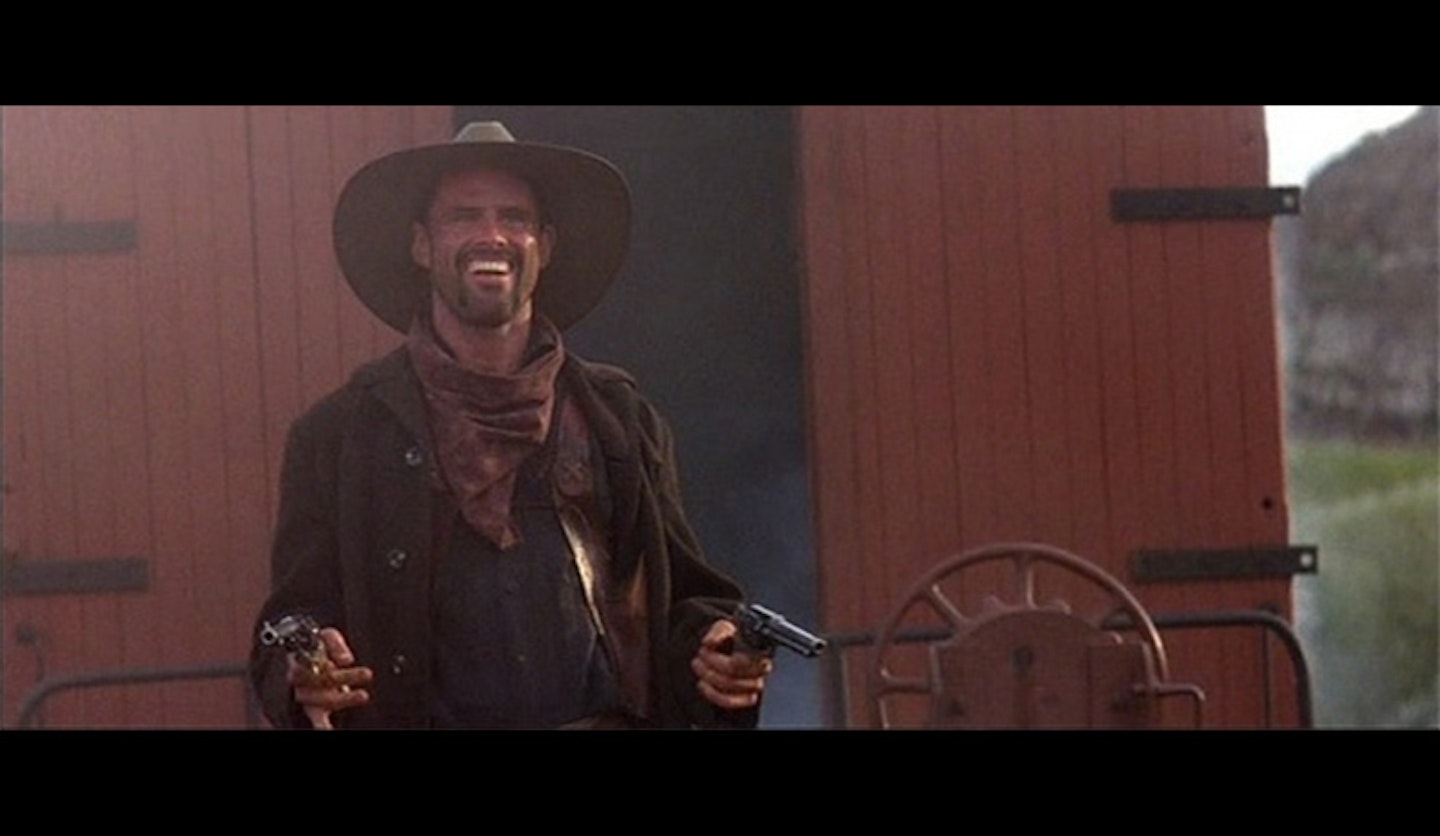
I really don’t know why I keep ending up in Westerns. I guess I have the face for it! Again, Shanghai Noon was a comedy, but without exactly being a comedy, if that makes sense. It had that dry humour that comes from not obviously comic situations, and that seems to be something I’m uniquely suited for. That tends to be more my direction than, say, a romantic comedy.
I also do have an affinity for the Western. I like being outdoors and I like being in those big open spaces. I’d rather ride a horse than drive a car any day of the week. If I could do that on the 101 and not fear for my life, I would!